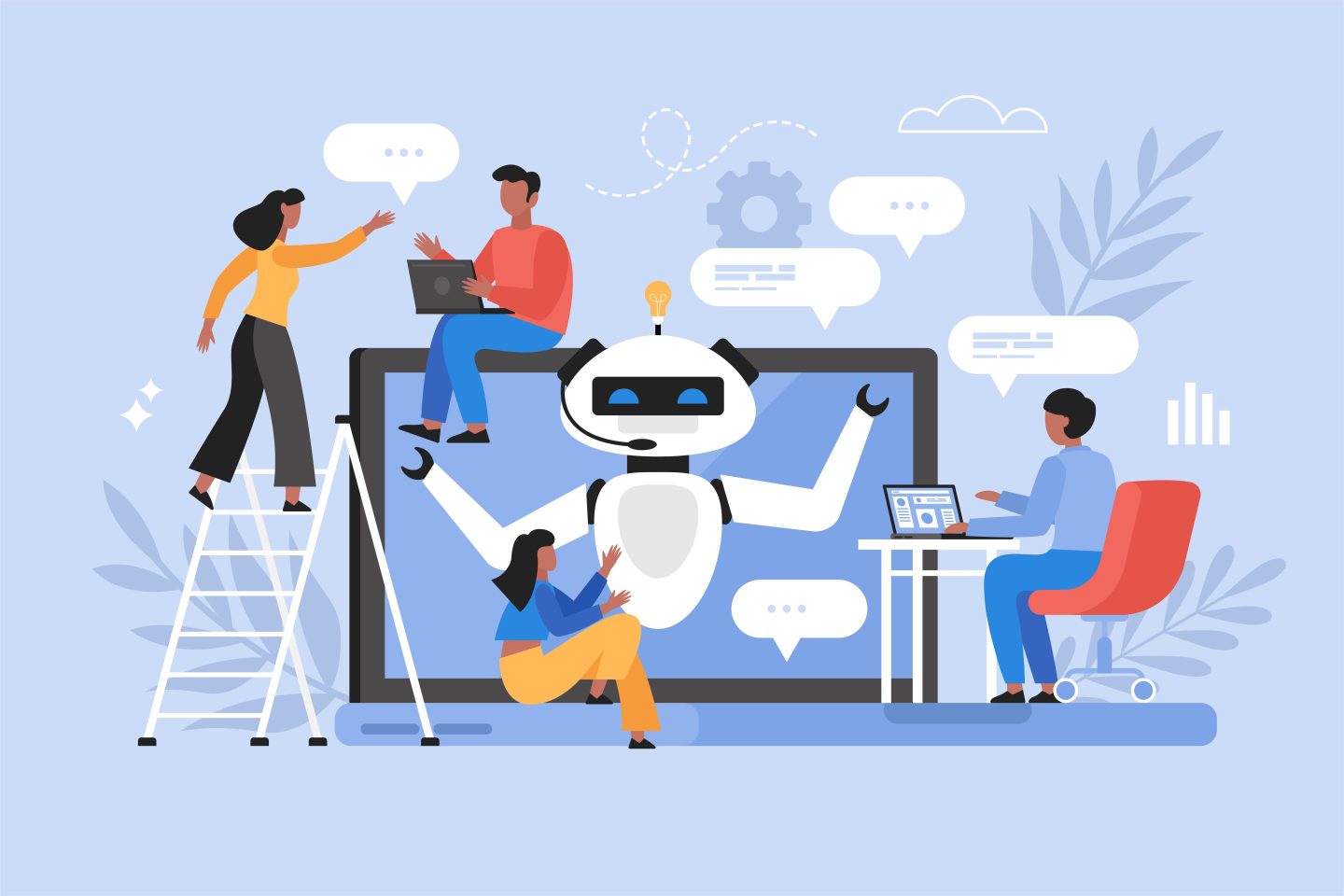Good morning!
Last month for our third Fortune @ Work installment, my colleagues and I wrote about how A.I. can revolutionize the HR function. From hiring to performance review management, HR teams will emerge from this technological evolution better equipped for fast and efficient decision-making.
Yet while most CHROs see A.I. as an enhancement to their work, CEOs don’t consider it a worthwhile financial investment. Sixty-five percent of CHROs expect A.I. in all forms to positively impact their function within the next two years, according to the second quarter 2023 edition of The Conference Board CHRO Confidence Index.
However, the organization’s C-Suite Outlook 2023 published in May found that CEOs do not consider improving HR teams’ data analytics skills or investing in A.I. for HR high priorities for human capital management—despite an investor and regulator push for evidence-based, quantitative human capital disclosures. Instead, chief executives are more focused on enterprise-wide digital transformation.
“This creates an even bigger challenge for CHROs seeking to introduce this technology,” The Conference Board’s Rebecca Ray, executive vice president of human capital, and Solange Charas, distinguished principal research fellow of human capital, write. “CEOs must have a clear understanding of the technology’s value and be able to demonstrate the payback for the incremental cost.”
CHROs will need to make the business case of A.I. use in the people function clear. For instance, payroll alone can represent as much as 60% of a Fortune 500 company’s spending, according to a 2017 analysis from Deloitte. A.I. can help cut down on this and other labor costs.
In HR, every process “is an opportunity for generative A.I.,” the authors write. Using A.I., HR teams can conduct quicker analyses and make faster decisions on pay transparency and equity audits. They can also streamline sourcing, selecting, and hiring candidates; use A.I. to help write behavior-based interview questions; and leverage A.I. to generate individualized employee development plans, performance evaluations, and monitor worker productivity.
Beyond these use cases, generative A.I. can “provide almost limitless opportunities for efficiency” in other functions, including talent acquisition, total rewards, DEI, and employee engagement.
Per the report’s authors: “Making the business case by articulating the longer-term positive impacts to the organization—whether those are in job redesign, organizational processes, information, analytics, markets, and employer brand—is critical.”
Paige McGlauflin
paige.mcglauflin@fortune.com
@paidion
Reporter's Notebook
The most compelling data, quotes, and insights from the field.
As more workers return to the office, bosses think many of them are forgetting something at home: etiquette.
Nearly half (45%) of companies are offering etiquette classes to workers, and another 18% plan to do the same by the end of the year, according to a survey of over 1,000 leaders from ResumeBuilder. These classes educate participants on making polite conversation, adhering to proper dress code, and crafting professional emails.
Around the Table
A round-up of the most important HR headlines.
- For entrepreneurs and the self-employed, A.I. can be a cheap, much-needed set of extra hands. WorkLife
- "Momaging" is on the rise as millennial managers, particularly female ones, find themselves unwillingly serving as their employees' emotional support. Bustle
- U.S. employees who report their mental health as fair or poor have nearly 12 unplanned absences a year and cost the U.S. economy over $47 billion in lost productivity, according to a Gallup survey. Yahoo Finance
- A new study finds that hiring ex-convicts is much less of a liability than most employers assume. HRDive
Watercooler
Everything you need to know from Fortune.
Rush to retrain. Employers are struggling to train employees on generative A.I. because the technology changes too quickly. Over 85% of employees believe they'll need A.I. training, but fewer than 15% have received any. —Jo Constantz, Mia Gindis, Bloomberg
Blank checks. These actors are sharing surprisingly low residual checks from the picket lines of the ongoing SAG-AFTRA strike. TV regulars like Robert Carradine, who you may know as the father on Disney's hit show Lizzie Maguire, posted a residual check on Instagram that amounts to zero dollars. —Orianna Rosa Royle
A.I.-jacking. Researchers have found it's not too difficult to bypass the guardrails on popular A.I. chatbots, like ChatGPT, and turn them into an HR nightmare. Highjacking these guardrails makes it possible to program the A.I. bots to use racist language or perform other nefarious activities. —Jeremy Khan
Yellow Corp. in deep red. The Teamsters Union announced yesterday that, after years of financial hardship, trucking company Yellow Corp. is on its way to bankruptcy and has ceased all operations. Hundreds of nonunion employees were laid off from the company on Friday, which is not expected to survive bankruptcy, and another 30,000 jobs are in jeopardy. —Wyatte Grantham-Philips, AP
This is the web version of CHRO Daily, a newsletter focusing on helping HR executives navigate the needs of the workplace. Sign up to get it delivered free to your inbox.












